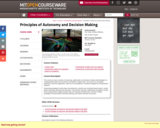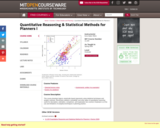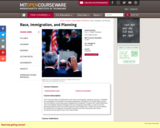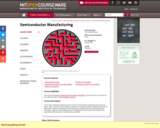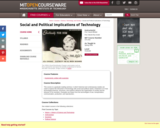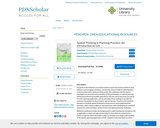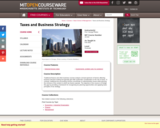An Introduction to Soil Science
Short Description:
Written entirely by members of the Canadian Society of Soil Science, "Digging into Canadian Soils: An Introduction to Soil Science" provides an introduction to the core disciplines of soil science, and introduces the concepts and vocabulary needed by students just beginning their soil science journey. The textbook provides supplementary materials that are specific to regions in Canada, or may be of specific interest beyond what might be considered introductory soil science material. Importantly, the textbook also is intended to introduce students to the Canadian System of Soil Classification by providing examples from across the length and breadth of the world’s second largest country, and to the Canadian Society of Soil Science, whose members share a common passion for soil science and are keen to share and instill this passion with students across Canada.
Long Description:
Written, reviewed and edited by members of the Canadian Society of Soil Science, Digging into Canadian Soils: An Introduction to Soil Science provides an introduction to the core disciplines of soil science (pedology, soil biology and microbiology, physics, chemistry, fertility and nutrient cycling, and management), and introduces the concepts and vocabulary needed by students just beginning their soil science journey. The textbook is appropriate for use in a number of disciplines, including environmental and agricultural sciences, as well as related geology, geography and natural resources engineering disciplines.
Chapters within the textbook are presented in three sections according to the content and level of the complexity. The first section of the book, Digging In, introduces core disciplines in a series of chapters written by authors whose research expertise informs the chapter content. Supplementary materials that are specific to regions in Canada are presented in chapters within a second section, Digging Across Canada. The third section, Digging Deeper, provides in-depth overview of some topics beyond what is considered core soil science disciplinary material, and may be appropriate for upper level soil science or related discipline courses. The textbook includes an extensive glossary that is accessible via in-text links. Importantly, the textbook is intended also to introduce students to the Canadian System of Soil Classification by providing examples from across the length and breadth of the world’s second largest country, and to the Canadian Society of Soil Science, whose members share a common passion for soil science and are keen to share and instill this passion with students across Canada.
Word Count: 182572
ISBN: 978-0-88880-668-0
(Note: This resource's metadata has been created automatically by reformatting and/or combining the information that the author initially provided as part of a bulk import process.)
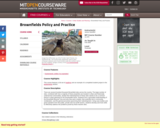
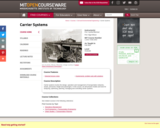
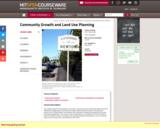
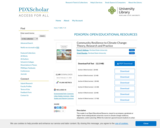

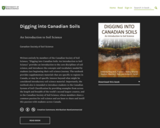
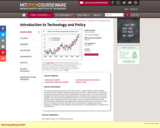
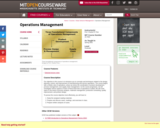
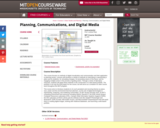
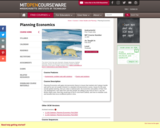
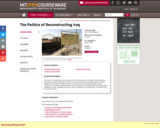
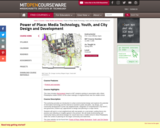
![Pre-Writing an Analysis [Lesson]](https://img.oercommons.org/160x134/thecb-production/media/screenshots/c332c24fa05beab81f6136ed1019eaa9da4d57b8e8c4018b4e4d6cb15c2e4810.png)
